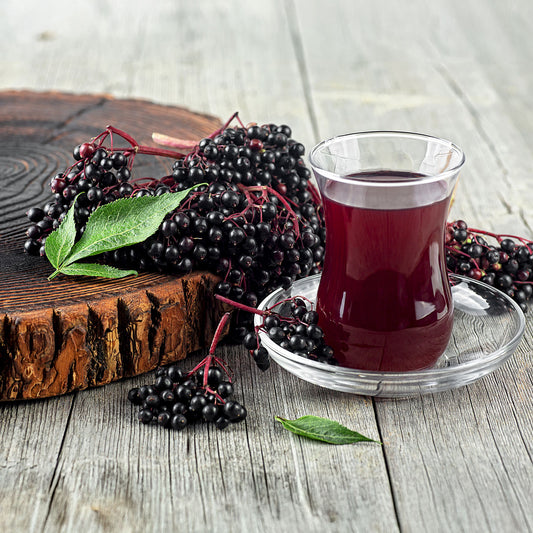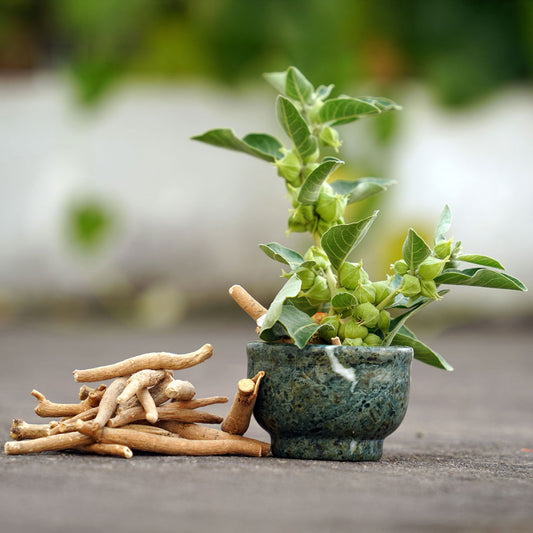How Hugs Give You Healthy, Glowing Skin...

Do hugs and happiness make you look younger?
When people are happy or in love, it's often said that they're "glowing." And it looks like there's some truth to this...
Whether we like it or not, our skin is often a reflection of what’s going on inside our bodies, and that includes our mental health, too.
So when it comes to the mind-skin connection, you can blame cortisol.
Cortisol is your body’s stress hormone, and it’s not all bad. In fact, cortisol is what wakes you up in the morning and gets you going.
But chronically high stress levels can speed up the aging process by reducing the production of wrinkle-fighting skin proteins like collagen and elastin.
And those good feelings of love and happiness release the “love hormone” oxytocin, which lowers cortisol and inflammation and gives your skin a youthful glow.
How do we lower cortisol and boost oxytocin?
Let’s start with cortisol.
1. Lower Cortisol with the Basics
When it comes to reducing stress levels, there are health supplements that go a long way. But as I like to say, nothing beats a good night’s sleep:
- Sleeping well
- Exercise
- Eating healthy
- Relaxing or meditating
- Avoid caffeine in the evening
Life will never be completely stress-free. We all have our ups and downs; it’s how we learn and grow. More importantly, perhaps, is having someone to love along the way.
2. Increasing Oxytocin, the “Love Hormone.”
Oxytocin contributes to those warm feelings of empathy and compassion. It can be as simple as telling someone that you care about them, that you love them, and how happy you are to have that person in your life.
- Soothing music
- Socializing
- Yoga
- Massages
- Exercise
One of the best ways to boost oxytocin is the one we’ve all been lacking this past year: Touch.
Especially hugs. A study of over 400 people has confirmed what our hearts knew all along: Hugs lower stress.1
But that’s just scratching the surface of how important touch is, according to a NY Times article2:
“Students who received a supportive touch on the back or arm from a teacher were nearly twice as likely to volunteer in class as those who did not, studies have found.
A sympathetic touch from a doctor leaves people with the impression that the visit lasted twice as long, compared with estimates from people who were untouched.
Research by Tiffany Field of the Touch Research Institute in Miami has found that a massage from a loved one can not only ease pain but also soothe depression and strengthen a relationship.”
Well, I better get started on my new skincare regimen of sleep and hugs!

REFERENCES:
- Missone. “For Stress Relief, Research Says: 'Hug It Out'.” Cleveland Clinic Newsroom, Cleveland Clinic Newsroom, 23 Jan. 2019, newsroom.clevelandclinic.org/2019/01/18/for-stress-relief-research-says-hug-it-out/.
- Carey, Benedict. “Evidence That Little Touches Do Mean So Much.” The New York Times, The New York Times, 22 Feb. 2010, www.nytimes.com/2010/02/23/health/23mind.html.




